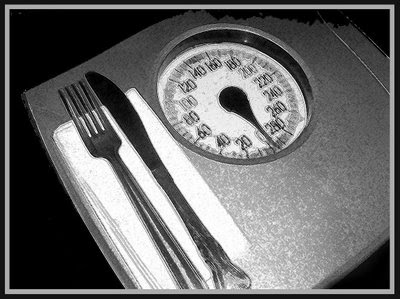
We all experience some kind of stress and tension in our daily lives. Psychiatrist
Mark Gilbert has used the acronym COPE to present a few constructive ways to manage this stress.
C stands for calm and connected. Calming our minds and bodies will help prevent symptoms such as insomnia, irritability, headaches, fatigue, and hypertension. I find yoga helps me achieve a sense of inner peace and calm. Reaching out to family and friends is also helpful when life is uncertain and difficult.
O stands for optimistic and objective. When we choose a belief system that includes optimism, hope, and purpose, we feel better and stay healthier. Optimism is our connection with the future.
When we are objective, we realize that most people are good-willed and caring. They are not out to get us.
P stands for participate and be pro-active. When we interact with others, we feel more in control and
better about ourselves. And, it also helps to contribute to our community in a charitable way.
E stands for emote and empower. Studies have shown that open and honest expression of
emotion in a supportive environment leads to better healing. It is important to share our feelings with someone we trust. When we eat nutritiously, exercise regularly, and get enough sleep, we empower ourselves to meet the challenges of our daily lives.
 To keep those bouquets around for awhile, consider the following tips:
To keep those bouquets around for awhile, consider the following tips:






















